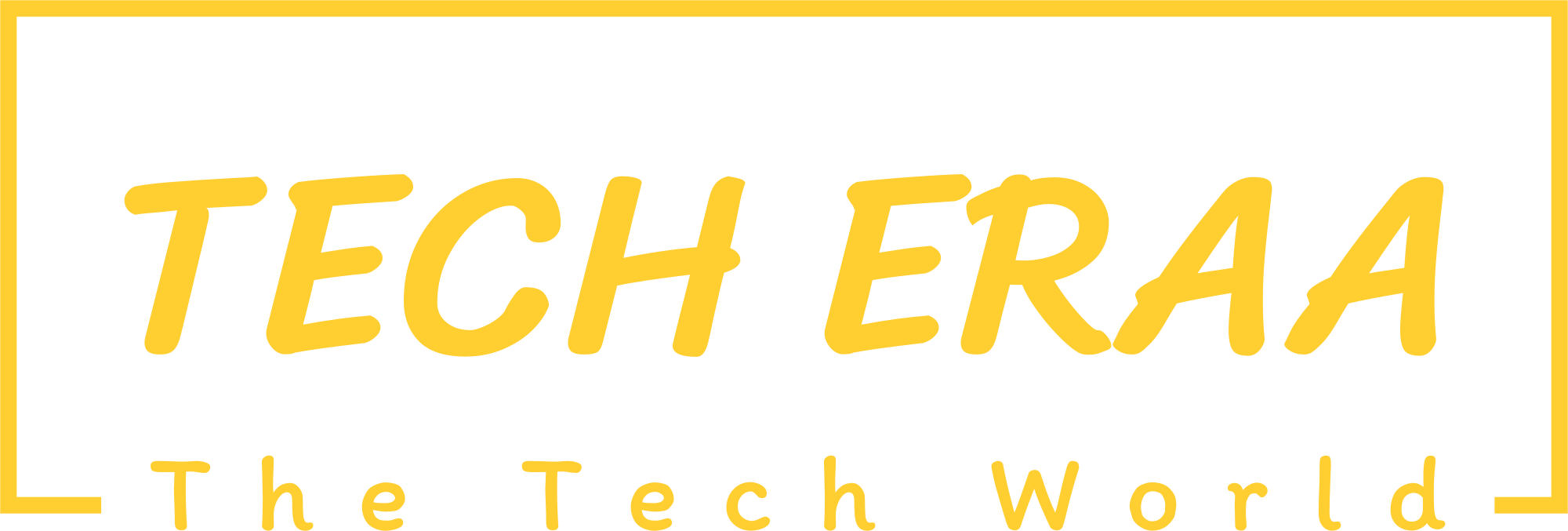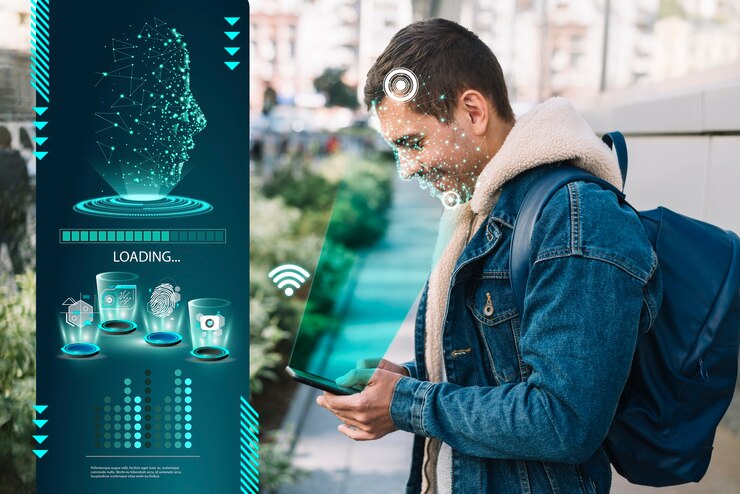Introduction
The landscape of technology is ever-evolving, constantly pushing boundaries and reshaping industries. From artificial intelligence to quantum computing, futuristic innovations are poised to revolutionize the way we live, work, and interact with the world around us. In this article, we delve into the future of technology predictions and explore the transformative trends that are set to redefine our future.
Introduction to Future Technology Predictions
The rapid pace of technological advancement has become a hallmark of the 21st century. With each passing year, breakthroughs in science and engineering propel us closer to a future once deemed unimaginable. From self-driving cars to humanoid robots, the possibilities seem boundless.
Artificial Intelligence and Machine Learning Advancements
Artificial intelligence (AI) and machine learning (ML) stand at the forefront of technological innovation. As algorithms become increasingly sophisticated, AI is poised to revolutionize various sectors, including healthcare, finance, and transportation. Predictive analytics and personalized experiences are just the beginning of what AI has to offer.
Internet of Things (IoT) Revolution
The Internet of Things (IoT) promises to interconnect devices, transforming our homes, cities, and industries into smart, interconnected ecosystems. From smart appliances to industrial sensors, IoT devices enable seamless communication and data exchange, ushering in an era of unprecedented connectivity and efficiency.
Blockchain Technology Innovations
Blockchain technology, best known for its role in cryptocurrencies, has far-reaching implications beyond digital currencies. Its decentralized and immutable nature makes it ideal for securing transactions, enhancing supply chain transparency, and streamlining administrative processes across various industries.
Augmented Reality (AR) and Virtual Reality (VR) Transformations
Augmented reality (AR) and virtual reality (VR) are poised to revolutionize how we perceive and interact with digital content. From immersive gaming experiences to virtual tours and remote collaboration tools, AR and VR technologies offer limitless possibilities for entertainment, education, and enterprise applications.
5G and Connectivity Enhancements
The rollout of 5G networks promises to deliver unprecedented speed, reliability, and connectivity. With ultra-low latency and high bandwidth, 5G technology unlocks new opportunities for autonomous vehicles, telemedicine, and IoT applications, laying the foundation for a hyper-connected society.
Quantum Computing Breakthroughs
Quantum computing represents a paradigm shift in computational power, capable of solving complex problems exponentially faster than classical computers. While still in its infancy, quantum computing holds immense potential for optimizing supply chains, accelerating drug discovery, and advancing materials science.
Healthcare Technological Evolution
Advancements in technology are reshaping the healthcare landscape, from telemedicine and wearable devices to predictive analytics and personalized medicine. With the advent of precision therapies and genomic sequencing, healthcare delivery is becoming more tailored, efficient, and accessible than ever before.
Environmental Impact and Sustainable Technologies
As concerns about climate change mount, technology plays a pivotal role in fostering sustainability and mitigating environmental degradation. Renewable energy sources, carbon capture technologies, and smart grid systems are driving the transition towards a greener, more sustainable future.
Education and Remote Learning Trends
The COVID-19 pandemic has accelerated the adoption of remote learning technologies, transforming traditional classrooms into digital hubs of knowledge dissemination. Virtual classrooms, online courses, and interactive learning platforms are revolutionizing education, making it more accessible and flexible for learners worldwide.
Future of Work and Automation
Automation and robotics are reshaping the future of work, automating routine tasks and augmenting human capabilities. While automation presents opportunities for increased productivity and efficiency, it also raises concerns about job displacement and workforce reskilling in the age of AI and robotics.
Cybersecurity Challenges and Solutions
With the proliferation of digital technologies, cybersecurity has become a paramount concern for individuals, businesses, and governments alike. From ransomware attacks to data breaches, cybersecurity threats are evolving in sophistication, necessitating robust defenses and proactive risk management strategies.
Space Exploration and Technology
Advancements in space exploration and technology are unlocking new frontiers beyond Earth’s atmosphere. From reusable rockets to lunar habitats and Mars colonization efforts, space agencies and private companies are charting a course towards humanity’s next great adventure in the cosmos.
Consumer Electronics and Wearable Tech
The convergence of technology and fashion is giving rise to a new era of wearable devices, from smartwatches and fitness trackers to augmented reality glasses and smart clothing. As wearable technology becomes increasingly integrated into our daily lives, the boundaries between fashion and function blur.
Conclusion: Embracing the Future
As we stand on the cusp of a technological revolution, the future beckons with promise and possibility. From AI and IoT to quantum computing and space exploration, the pace of innovation shows no signs of slowing down. By embracing emerging technologies and fostering collaboration, we can chart a course towards a brighter, more sustainable future for generations to come.
FAQs
- What are some challenges associated with the future of technology predictions?Predicting the future of technology is fraught with uncertainties, as technological progress is often nonlinear and unpredictable. Moreover, ethical considerations and societal implications must be carefully considered as we navigate the complexities of emerging technologies.
- How can individuals prepare for the technological advancements of the future?Staying informed, fostering digital literacy, and cultivating adaptability are key to navigating the rapidly evolving landscape of technology. Embracing lifelong learning and remaining open to new possibilities can empower individuals to thrive in an era of constant change.
- What role does regulation play in shaping the future of technology?Regulation plays a crucial role in balancing innovation with ethical and societal considerations. By establishing clear guidelines and standards, policymakers can mitigate risks, foster trust, and ensure that technology serves the common good.
- How can businesses leverage emerging technologies to gain a competitive edge?By embracing innovation, fostering a culture of experimentation, and investing in talent and infrastructure, businesses can harness the power of emerging technologies to drive growth, enhance efficiency, and deliver value to customers.
- What are some potential risks associated with the rapid pace of technological advancement?While technological advancements hold tremendous promise, they also pose risks such as job displacement, privacy concerns, and exacerbation of social inequalities. Addressing these challenges requires a concerted effort from policymakers, industry leaders, and civil society.


